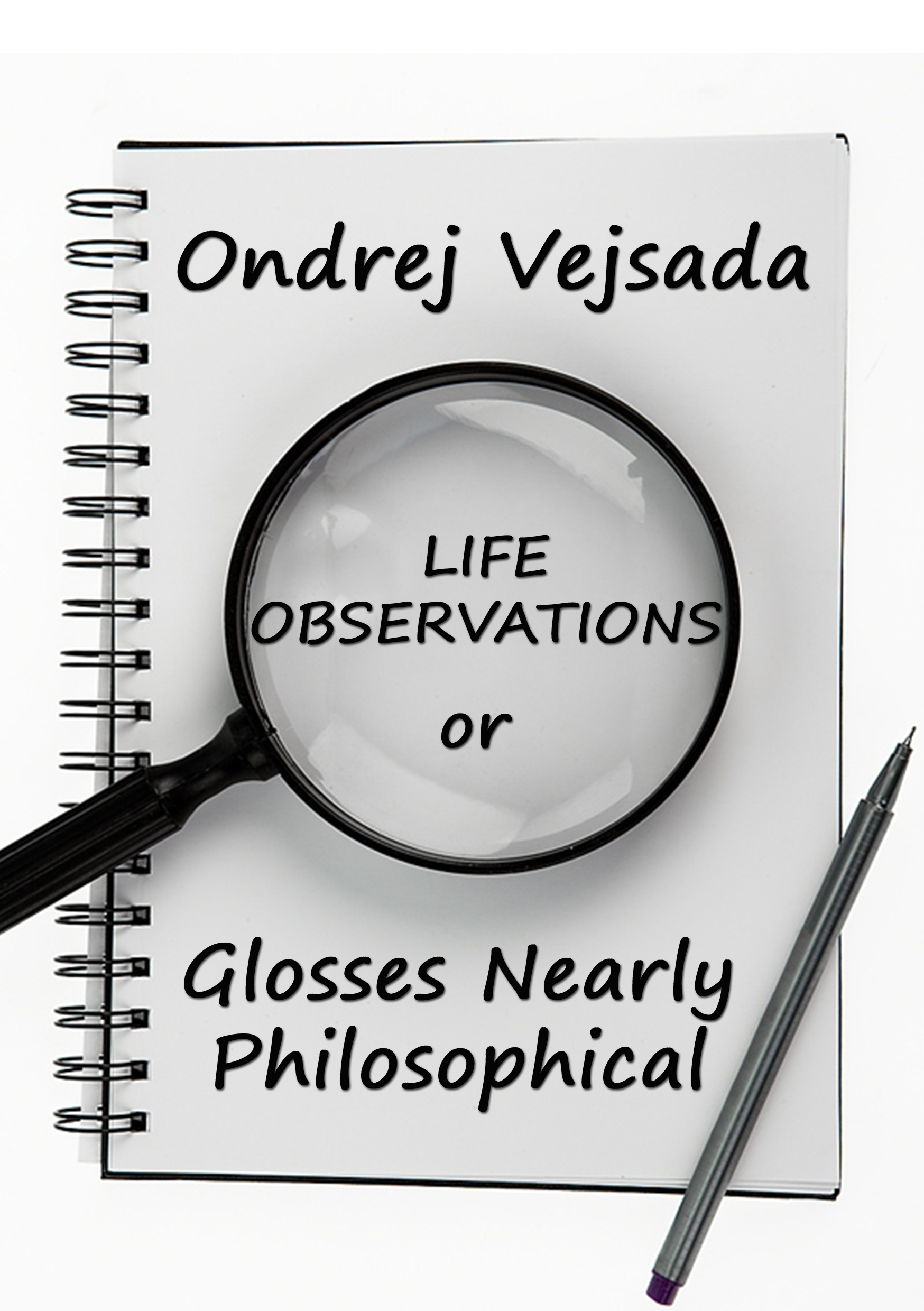
The second universal principle or our free will
On the other hand, we are not robots, each of us has free will (hopefully we are not just kidding ourselves). And free will is like the second cosmic principle = I can freely decide that I won’t play these games, etc. But it also means that others have exactly the same free will, so I can’t force them to do anything. I „only“ influence my Universe, my reality. So if I am to be completely honest, as I promised, it is possible to influence the others if they are living in that very self-speed, they are not living consciously, but that is manipulation and it is not nice (at least in my eyes). You know, again, a short digression, I am convinced that if I do something bad (that’s how I internally evaluate it) and nobody can see me, but I definitely see myself at it and logically my feelings will „come back“ to me one day anyway, i.e. I will attract something as a reaction to my action = that’s just the „karma“, conscience, god’s mills, etc. Maybe it is also what in the Middle Ages was called black magic. In short, it’s unethical. You can’t just lie to yourself – when I „cheat“ on something, I see it and remember it because I also experience it somehow. I hope I’m writing this clearly…
What about the agendas of the others? Logically, I must be influenced, pulled down by the energy of others to play their programs. Yes, I play them, but calmly, with neutral feelings, I just sort of observe it, but it doesn’t annoy me, it doesn’t bother me. But if I have bad feelings about it, then we already know that it’s a signal that it’s my problem again and it’s my own fault. The best way to find out is to „clean it up“, then if it continues even when I don’t care anymore, then it wasn’t my problem, it was the program of others that I was merely playing. Understandable? I hope so 🙂
We are simply playing each other’s programs. It’s kind of that popular parlor game we’ve been talking about. Let me give you one more proof or such a reflection on a similar topic. Except for early childhood, when a child changes almost before my eyes, I am somehow always the same. I am slowly evolving, so later on it is called aging 😀 Somehow I don’t change by leaps and bounds or suddenly, like temperament etc. I should behave the same, predictable, constant – so how come I smile more at someone, feel like telling a joke to someone and am more aloof to someone? You could dismiss it by saying that it’s a so-called first impression, but somehow I feel that way. There was some deeper interaction, maybe non-verbal communication – in short, two magnets met and somehow started to react to each other.
By the way, this knowledge also explains why people do to me what makes me mad and do not do it to others. Because they apparently wouldn’t mind even if they did it to them – they probably wouldn’t even notice = it’s the honey and bees effect, remember? 😉
So what is happening to me is actually me doing it to myself. There is no person causal. But a better question might be „what is actually happening to me?“ What do I mean? Well, let’s say Covid. A lot of people during the pandemic were subject to something like irrational fear – well, asking the slightly odd question above = is it happening to me that I’m infected? No, what happens to me is e.g. „I’m afraid of being infected“ or „I’m afraid of suffering, of dying“ etc. and that’s actually the problem – not covid, but my fear… Well, if I find the cause, the origin and the reason why I don’t feel well, I can work with it very well.
We are masters at finding the causal person. Because you did/are doing this, I will do this = the connection is completely nonsensical, stupid and actually highly manipulative. I can react to the behaviour of others, yes, e.g. = because you play chess, I’ll engage in it in my spare time… But to blame my behaviour on others and also excuse it on them is common, but totally illogical = because you play chess, I’m unfaithful to you, it’s not my fault, if you didn’t play chess I wouldn’t do it – that’s bullshit! „Because of you“ doesn’t really exist, it’s always „because of me“ – maybe as a reaction to…but the cause is in me, not in others. It’s actually absolving yourself of responsibility. I can do for myself, not for others, and vice versa – they cannot do for me! What bothers me is my problem! And you change the world around you by changing yourself.
Let’s continue our thinking. So now that we know, though we usually don’t like to admit it and concede, that I can’t blame others for how I feel and how I live, what exactly is it that bothers me?